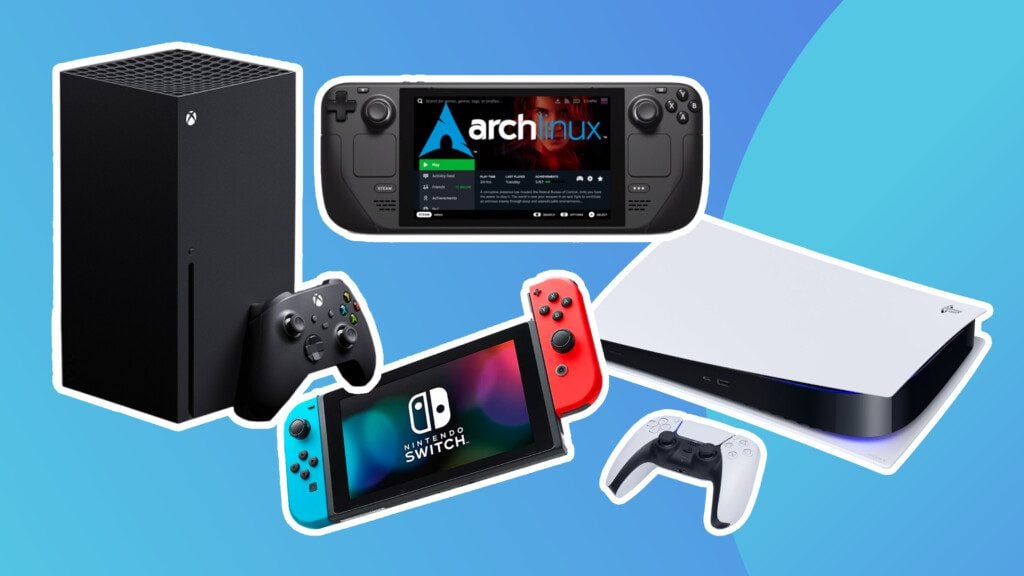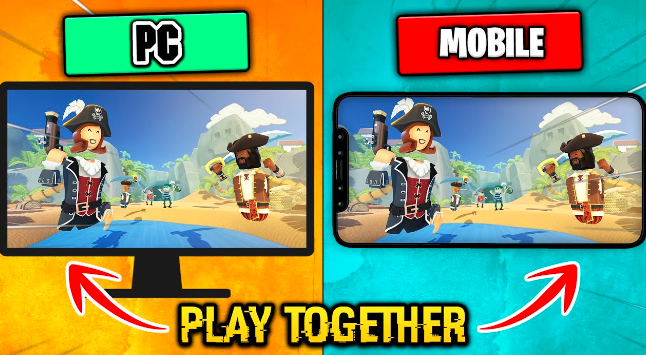Cross-platform gaming has revolutionized the way players interact, compete, and collaborate in the digital world. By allowing gamers on different devices—such as PC, consoles, and mobile—to play together, cross-platform play breaks down traditional barriers and enhances the gaming experience. This article explores the key benefits of cross-platform gaming, its impact on the industry, and why it’s becoming a must-have feature for modern games.
What Is Cross-Platform Gaming?
Cross-platform gaming, also known as cross-play, enables players using different hardware (e.g., PlayStation, Xbox, Nintendo Switch, PC, or mobile) to join the same game session. Unlike traditional gaming, where players are restricted to their own platforms, cross-play fosters a unified gaming community.
Popular games like Fortnite, Minecraft, Call of Duty: Warzone, and Rocket League have successfully implemented cross-platform play, proving its growing demand.
Key Benefits of Cross-Platform Gaming
A. Larger Player Base
One of the biggest advantages of cross-platform gaming is the expanded player pool. By removing platform restrictions, games maintain active servers longer, reducing matchmaking times and ensuring a vibrant community.
B. Enhanced Social Connectivity
Friends and family often own different gaming systems. Cross-play allows them to play together without needing the same device, strengthening social bonds through shared gaming experiences.
C. Longer Game Lifespan
Games with cross-platform support tend to have longer lifespans because they retain players across all platforms. This prevents the player base from fragmenting and keeps multiplayer modes alive for years.
D. Fair Competition and Skill-Based Matchmaking
Modern cross-platform games use skill-based matchmaking to ensure fair play, regardless of the device. While concerns exist about keyboard-and-mouse vs. controller advantages, developers often implement balancing measures.
E. Cost Efficiency for Gamers
Players don’t need to buy multiple consoles or copies of the same game to play with friends. Cross-platform compatibility saves money and makes gaming more accessible.
F. Unified Progression and Cross-Save Features
Many cross-platform games support cross-progression, allowing players to carry their achievements, skins, and progress across devices. This flexibility enhances user convenience.
G. Faster Updates and Synchronized Content
Developers can roll out updates simultaneously across all platforms, ensuring all players have access to the same content at the same time.
H. Boosted Game Sales and Revenue
Cross-platform games attract a wider audience, leading to higher sales and in-game purchases. This benefits developers and publishers while improving player engagement.
Challenges and Considerations
While cross-platform gaming offers numerous advantages, there are challenges:
-
Hardware Differences: Performance disparities between high-end PCs and older consoles can affect gameplay balance.
-
Control Scheme Variations: Keyboard-and-mouse players may have an advantage over controller users in shooters.
-
Platform Restrictions: Some console manufacturers impose limitations on cross-play.
Developers must address these issues to ensure a seamless experience.
The Future of Cross-Platform Gaming
As technology advances, cross-platform play will become standard in the gaming industry. Cloud gaming services like Xbox Cloud Gaming and NVIDIA GeForce NOW further eliminate hardware barriers, making gaming more inclusive.
Conclusion
Cross-platform gaming is transforming the industry by uniting players across different devices. With benefits like a larger player base, enhanced social connectivity, and longer game lifespans, it’s clear why cross-play is here to stay. As developers continue refining the technology, the future of gaming will be more connected than ever.
Would you like to see more games adopt cross-platform play? Share your thoughts in the comments!














